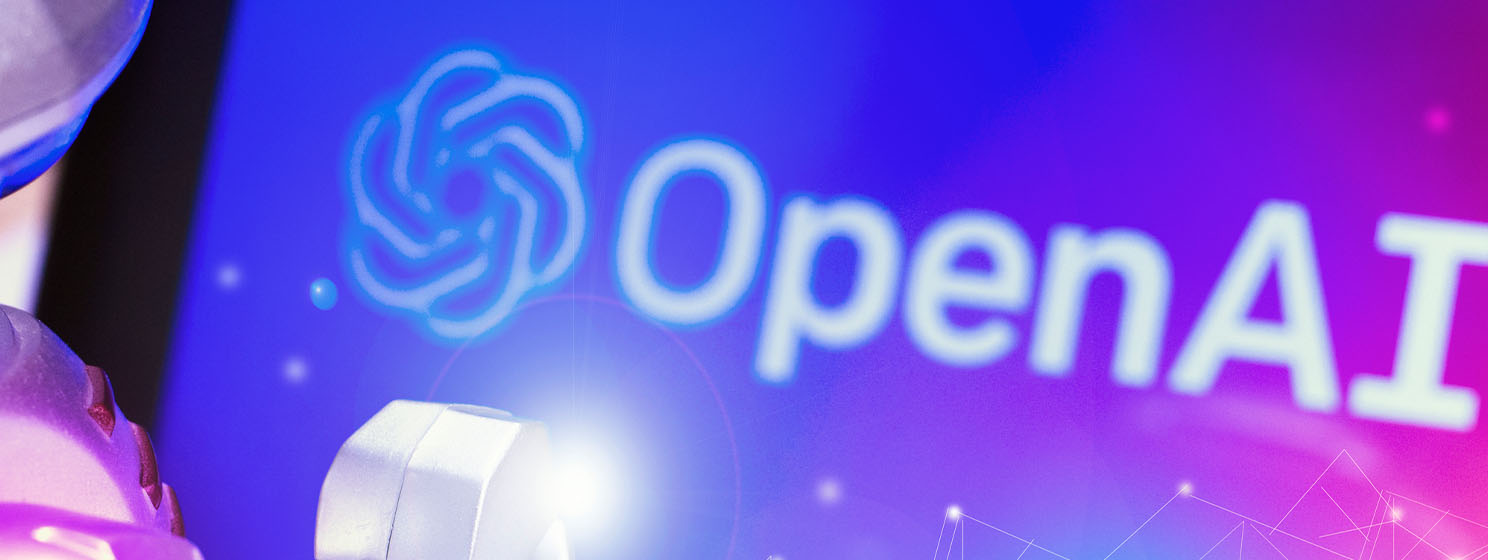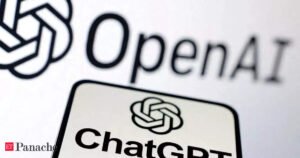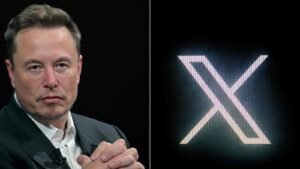Part 5 of the Elon Musk and Sam Altman Conflict

Elon Musk vs. Sam Altman: The Ongoing Legal Battle
The ongoing legal dispute between Elon Musk, the CEO of SpaceX and Tesla, and OpenAI, the artificial intelligence (AI) organization, is intensifying. A federal court in California is set to explore whether OpenAI has breached a charitable trust. Recent court documents outline how both Musk and OpenAI plan to navigate this conflict, especially after the judge determined that one of Musk’s claims—specifically the Breach of Charitable Trust—requires an expedited trial slated to begin on December 8, 2025.
Central Issue: Charitable Trust Allegations
At the heart of this legal struggle is a significant question: Did OpenAI violate a charitable trust, and did such a trust even exist? U.S. law defines a charitable trust as a legal arrangement where funds designated for charitable purposes must be used exclusively for that intent and not for personal gain. Musk contends that OpenAI was originally founded as a nonprofit entity with the mission of creating artificial general intelligence (AGI) for the greater good. His and others’ substantial financial contributions to OpenAI were based on this commitment.
However, OpenAI later transitioned from its nonprofit status to include a for-profit arm called OpenAI Global LLC. This change enabled the organization to secure a multi-billion dollar investment from Microsoft, also granting it exclusive access to pivotal technologies. Musk argues that this transition breached the original nonprofit commitments of OpenAI and misallocated donor funds intended for public benefit.
Conversely, OpenAI refutes the existence of any charitable trust, asserting that just because it began as a nonprofit does not implicate it legally in charitable trust rules. They further claim that Musk’s donations lacked enforceable conditions that could prevent OpenAI from adopting a for-profit model.
Urgency of the Charitable Trust Issue
When Musk initially filed his lawsuit against OpenAI, Sam Altman (OpenAI’s CEO), and Microsoft, he made 26 claims. The judge dismissed four and stayed 21, highlighting one—Breach of Charitable Trust—as urgent enough for a fast-tracked trial. Charitable trust law imposes strict obligations, and if the court finds that OpenAI accepted funds under the premise of staying a nonprofit for the public good, it may not be able to transition into a for-profit business without court approval. A negative ruling for OpenAI could have dire consequences, potentially disrupting its business model and financial partnerships.
Stakes of the Legal Battle
Elon Musk and Sam Altman have been engaged in a public dispute for nearly a year, with each new court filing revealing more about their conflict. Musk, one of the world’s wealthiest individuals with a net worth nearing $433.9 billion, appears to have little to lose in this lawsuit. If Musk prevails, OpenAI could be compelled to revert to its nonprofit status, which may dismantle its partnership with Microsoft. Additionally, he could be awarded financial damages that exceed his original donations.
If Musk loses, OpenAI will likely continue its operations as a for-profit entity, thereby reinforcing its current business structure and complicating Musk’s capabilities to pursue further claims. The financial implications of a loss would be minimal for Musk, given his substantial wealth.
In contrast, the risks for OpenAI are considerable. A court ruling against them could force substantial changes, potentially unwinding partnerships and resulting in considerable financial loss. Such a decision could also require OpenAI to sever its relationship with Microsoft, a vital stakeholder.
Moving Forward
As this legal confrontation accelerates, many are curious about the developments that will unfold in the coming months. With significant claims still pending, this courtroom saga will be crucial for highly influential players in both business and technology sectors. Keeping track of updates in the Musk vs. OpenAI conflict is essential, given its implications not only for them but for the broader landscape of AI development.






